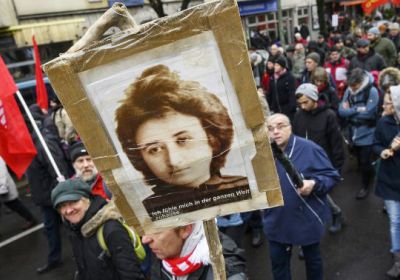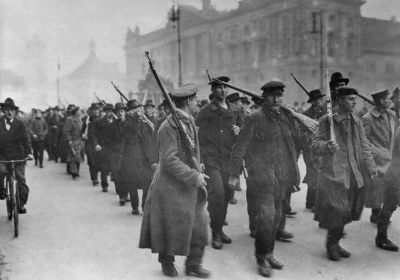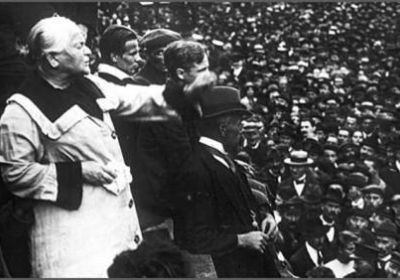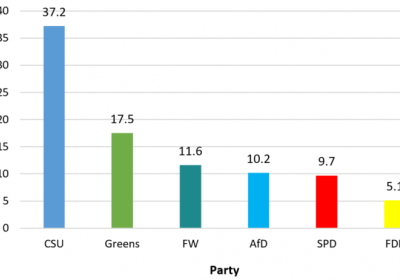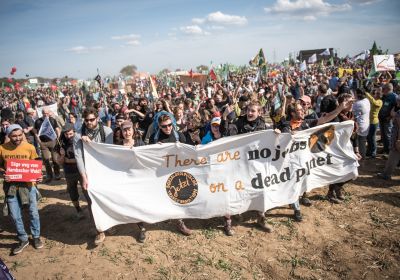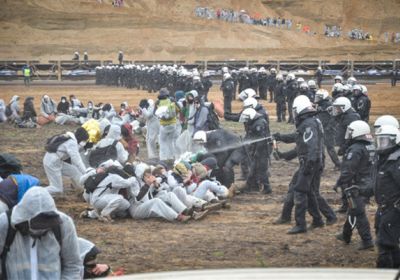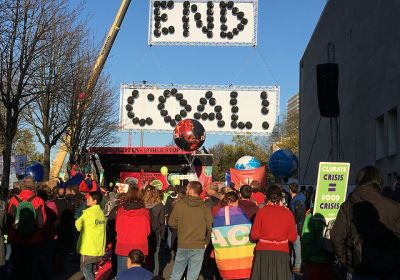-
-
-
-
-
-
-
-
-
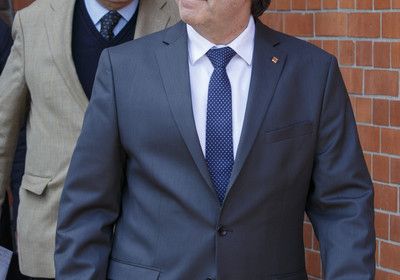
The most extreme Spanish reaction to the April 5 ruling of the Higher Regional court of German state Schleswig-Holstein that freed Catalan president Carles Puigdemont was from radio shock jock Federico Jiménez Losantos.
-
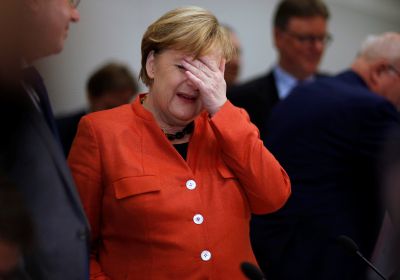
After 60 days of discussions, negotiations for a new governing coalition have failed in Germany, leaving the country without a government.
Last September’s general election – in which the far-right obtained an unprecedented and alarming result – left no party with an absolute majority, forcing incumbent Chancellor Angela Merkel to look for partners to form a new government.
-
-

Peasants, small farmers and Indigenous peoples “feed the world and cool the planet”. This is what the global peasant movement, La Via Campesina, has come to Bonn to put onto the agenda at the COP23 climate meetings — both in the official space and at the People’s Climate Summit where social movements met to strategise for alternatives to capitalism and its climate crisis.
Germany
Germany
